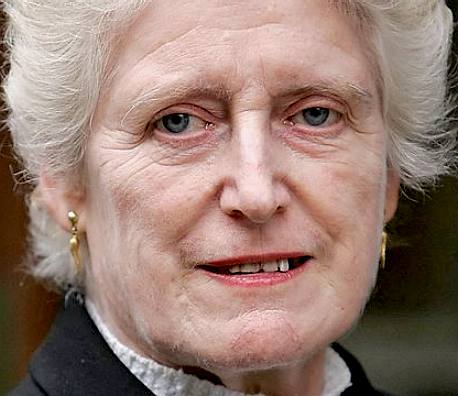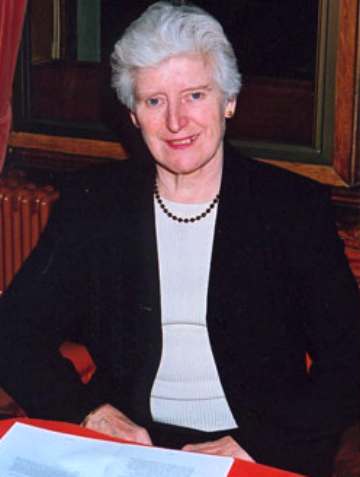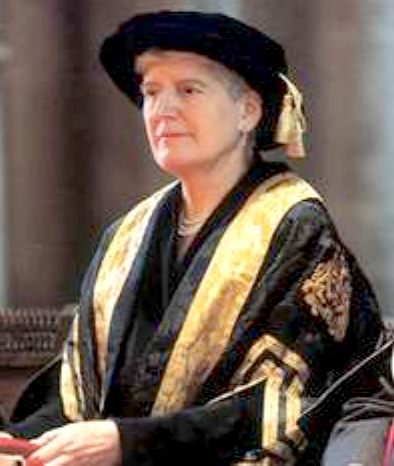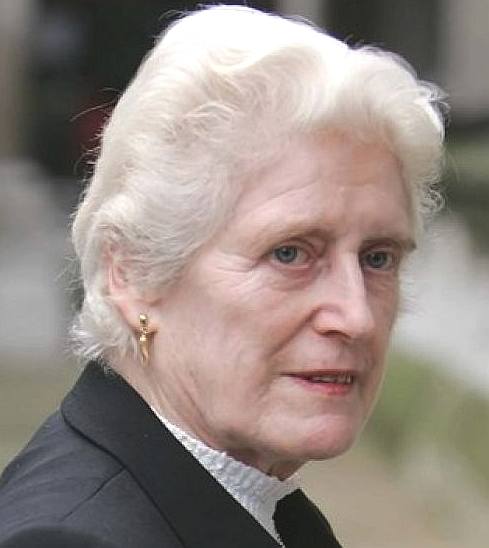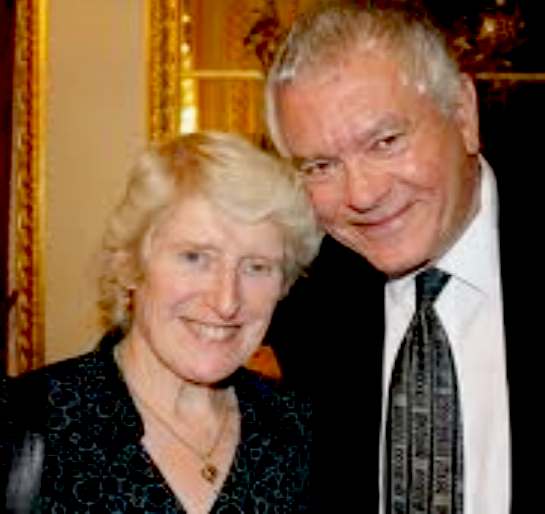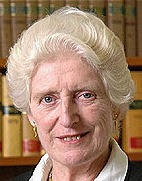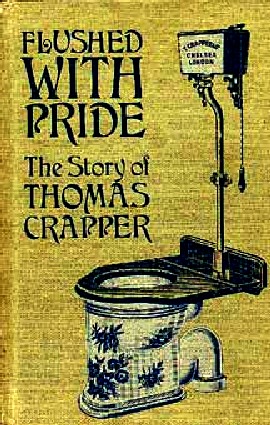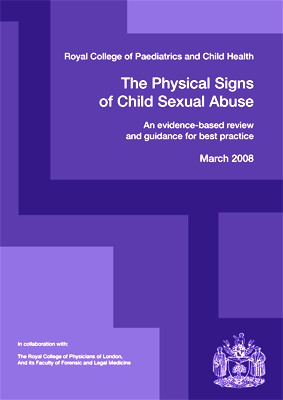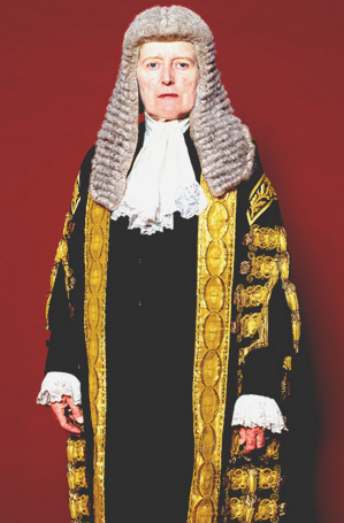|
THE
|
|||||||||||||||||||||||||||||||||||||||||||||||||||||||||||||||||||||||||||||||||||
ABOUT NEW CONTACT US VIEWS FORMS SMALL FIRMS WORKER'S WEBPAGE ACCIDENTS ENFORCEMENT
Statutory Instrument 1992 No.3004 The Workplace (Health, Safety and Welfare) Regulations 1992
The text of this Internet version of the Statutory Instrument has been prepared to reflect the text as it was Made. The authoritative version is the Queen's Printer copy published by The Stationery Office Limited as the The Workplace (Health, Safety and Welfare) Regulations 1992, ISBN 0110258045. Purchase this item. For details of how to obtain an official copy see How to obtain The Stationery Office Limited titles.
To ensure fast access over slow connections, large documents have been segmented into "chunks". Where you see a "continue" button at the bottom of the page of text, this indicates that there is another chunk of text available. Dame Butler Sloss is featured in connection with these Regulations because she heard an Appeal in the High Court where the Wealden District Council had, in perversity, asked the Courts to deny Nelson Kruschandl his right to basic sanitation - as part of their vendetta against him and his family.
The amazing part of this story is that a female High Court judge actually went along with it - because she appears not to have known that what she was doing was unlawful. Just as amazing is that the barrister defending Kruschandl - also did not know about these Regulations. But the lady judge did order removal of all sanitation from Herstmonceux Museum, just as David Phillips, Vic Scarpa (and Geff Johnson) and Christine Nuttall were requesting. Dame Butler Sloss became involved later as the appeal judge, in the Court of Appeal, when Mr Kruschandl filed an appeal. It goes without saying that such malicious actions by Wealden District Council were violations of Kruschandl's Human Right to enjoyment of property without interference from local authority - a breach of Article 8.
DAFT
OR MALICIOUS? - "Mr
Kruschandl, having taken out the toilets to comply with the Order of the
Court below, presumably you can then put them back to comply with Health and
Safety Regulations." Does that seem logical to you? Surely, the Court below
had no right to insist that the toilets were removed. The right to have a
toilet is granted to all persons by the State. A statutory right may not be
denied any person by a Court. When Nelson Kruschandl asked for permission to
adduce a letter from the Health & Safety Executive, which explained the
legal situation to Dame Butler Sloss, she refused. "You keep that
letter in you pocket Mr Kruschandl." That is what she is said to have
replied, or words to that effect. The law is indeed an ass.
POTTY TRAINING - Using a potty may be a new skill for your planning team to learn. It's best to take it slowly and go at your candidates pace, about the same pace as a child should do the trick. Being patient with them will help them get it right, even if they sometimes feel frustrated. They should be taught that every person is entitled to a toilet as per Article 14 no matter how much their team are out to get any challenging member of the public - and yes we know how irritating it is to be caught out - and yes of course that makes you hate that member of the public more - so that you try another dirty trick and then an even dirtier trick until malfeasance becomes misfeasance. So, if you are going to plan a vendetta, be sure that you don't get caught with your trousers down. Bury your target good and proper - or he or she may come back to haunt you with the inconvenient truth and reveal what your council did and why they did it - and worst of all - your part in the whole sorry affair. Think then of blowing the whistle.
FORMER RULINGS
FORWARD - In respect of forensic examinations, Dame Butler Sloss says that more research is needed. We could not agree more. But surely, we need a new law or guidance as to procedural compliance by doctors acting in an official capacity. Dr Melanie Liebenberg is accused of failing to properly (fully) carry out the inspection of a girl alleging abuse, because it is alleged that she must have realised that a girl she was examining was a virgin (unsullied), but that she kept that to herself - concentrating on another issue by way of slight of hand - knowing that that issue was dead. Whereas, the finding in R v Ward - where scientists had agreed to keep secret that a test for nitroglycerine also proved positive with boot polish, was that experts owed a duty to the courts to provide factual findings even where those facts do not support the Crown's case. Ward was convicted of being a bomber on the strength of such junk science and served many years in prison before the establishment realized that she was telling the truth - and referred her case to the Court of Appeal.
The ridiculous outfits (Robes & Wigs) that UK Judges wear - in this case suitable fancy dress for the ridiculous judgments that the courts frequently hand out. On that front, a red nose and bow tie would be more in keeping with some of the verdicts. British justice is a mockery, where more than 3% of convictions see innocent men spending time in prison.
|
|||||||||||||||||||||||||||||||||||||||||||||||||||||||||||||||||||||||||||||||||||
